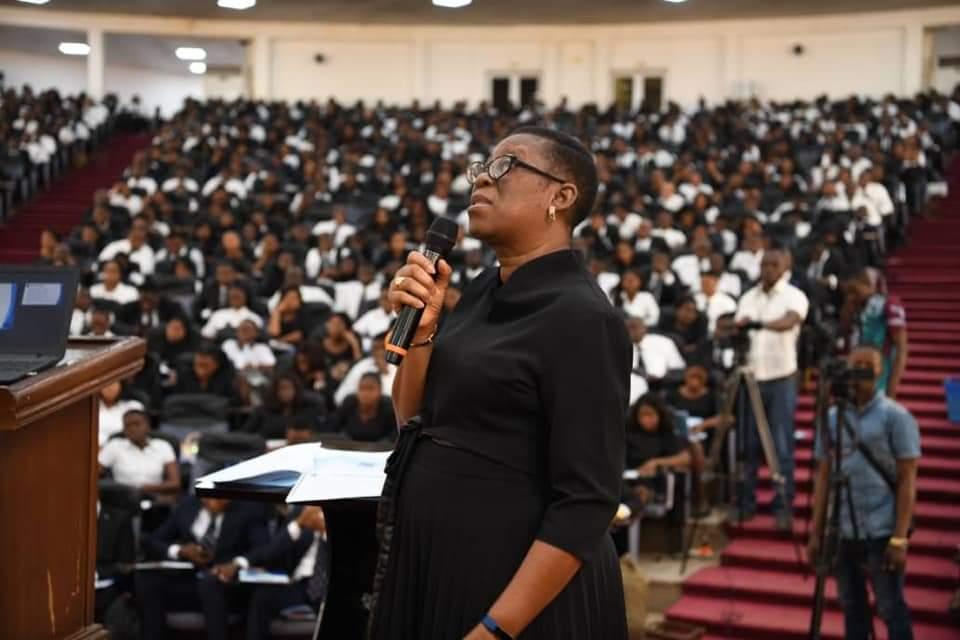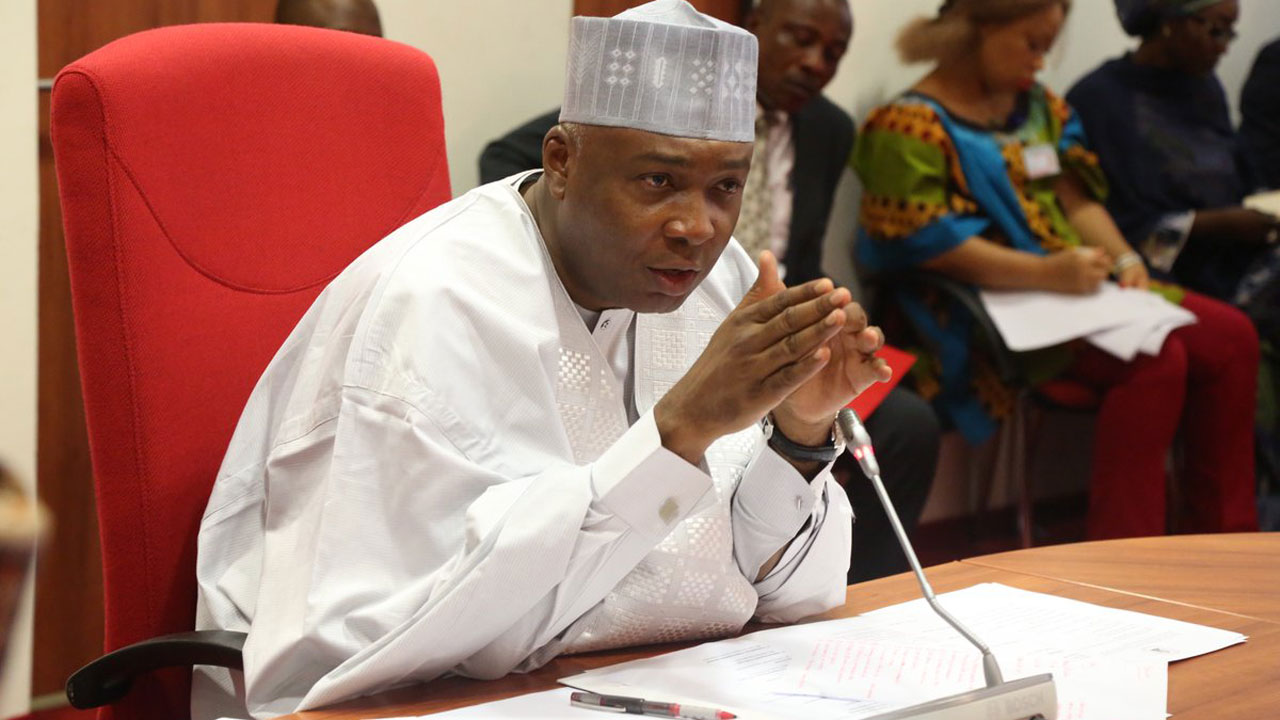Barely few days after leading online marketing conglomerate, Jumia launched its latest Mobile Report 2019, revealing infinitesimal penetration of 4G LTE in the country; the Nigerian Communications Commission (NCC) has signalled readiness to establish “Internet Industry Code of Practice”.
Though the regulator linked the move to mitigate the effects of cyber crimes on broadband consumers, Mobile Report 2019 launched by Jumia for Africa, showed that claims of nationwide 4G coverage by some telecommunications operators in Nigeria may be fake.
In the last few years of 4G LTE revolution, all leading networks and Internet Service Providers (ISPs) had been claiming jumping rise in their service coverage even as subscribers continue to decry service unavailability without any move by NCC to verify claims.
The Report revealed that whereas Nigeria currently has a paltry four per cent, other major markets in Africa are far away with South Africa’s 4G penetration at 18 per cent; Angola 16 per cent, while Egypt leads the continent with about 21 per cent.
The Mobile report noted that on average since 2015, around 20 new 4G networks launched in Africa every year.
The Report shocked more when it disclosed that over 44 per cent of mobile subscribers in Nigeria are still using 3G technology, while mobile broadband penetration is forecast to rise to 55 per cent of the population by 2025, with 70 per cent having 3G connectivity, and 17 per cent 4G networks. 5G network with the 26 GHz, 38 GHz and 42 GHz spectrum bands will be rolled out by 2020.
Business Hilights gathered that the Deputy Director and Head, Information and Reference Unit, NCC Consumer Affairs Bureau, Alhaji Ismail Adedigba, gave the hint at the 50th edition of the organisation’s Consumer Town Hall Meeting (CTM) in Ago-Iwoye, Ogun.
Explaining more on the theme; ‘Mitigating Effects of Cyber crimes: The Roles of Telecom Consumers,’ he said that the move became necessary as the liberalisation of the telecoms industry led to unprecedented increase in the usage of internet-based services, which exposed more consumers to cyber threats.
According to him, “the Internet Code is another regulatory intervention by NCC, expected not only to help secure cyberspace but to also address issues relating to online child protection, privacy and data security.
“Let me emphasise that while the regulatory intervention and other initiatives are ongoing to sanitise our internet space, telecom consumers must play their roles as well.
“Consumers must be cautious of the type of information they post online and imbibe responsible internet and phone usage etiquette.
“Telecom consumers must install filtering software that helps to block access to inappropriate websites and exercise caution while clicking on flashing pop-ups or adverts as this may open up other compromised pages.
“They must also monitor the contents accessed by children or wards, as well as sign up into sites that can be remotely monitored for digital footprints and activities.
“Cyber-Security is a collective effort we must jointly address to reduce the effects of cyber crimes on telecom consumers in this broadband era,” Adedigba noted.









